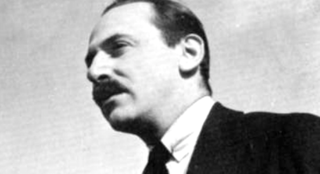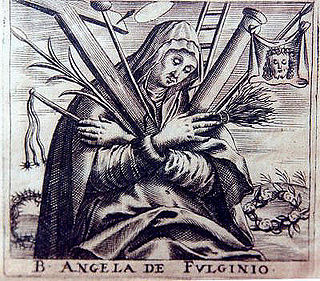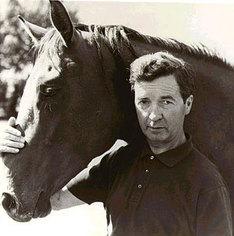A Quote by Simone de Beauvoir
I had never believed in the sacred nature of literature. God had died when I was fourteen.
Related Quotes
He lifted his gaze to the framed photograph of Tanya and him taken on their wedding day. God, she had been lovely. Her smile had come through her eyes straight from her heart. He had known unequivocally that she loved him. He believed to this day that she had died knowing that he loved her. How could she not know? He had dedicated his life to never letting her doubt it.
In that time and by God's will there died my mother, who was a great hindrance unto me in following the way of God; my husband died likewise, and in a short time there also died all my children. And because I had commenced to follow the aforesaid way and had prayed God that He would rid me of them, I had great consolation of their deaths, albeit I did also feel some grief.
Jack believed in something—he believed in white witches and sleighs pulled by wolves, and in the world the trees obscured. He believed that there were better things in the woods. He believed in palaces of ice and hearts to match. Hazel had, too. Hazel had believed in woodsmen and magic shoes and swanskins and the easy magic of a compass. She had believed that because someone needing saving they were savable. She had believed in these things, but not anymore. And this is why she had to rescue Jack, even though he might not hear what she had to tell him.
The thing that you have to understand about those of us in the Black Muslim movement was that all of us believed 100 percent in the divinity of Elijah Muhammad. We believed in him. We actually believed that God, in Detroit by the way, that God had taught him and all of that. I always believed that he believed in himself. And I was shocked when I found out that he himself didn't believe it.
I had heard the old Indian legend about the red fern. How a little Indian boy and girl were lost in a blizzard and had frozen to death. In the spring, when they were found, a beautiful red fern had grown up between their two bodies. The story went on to say that only an angel could plant the seeds of a red fern, and that they never died; where one grew, that spot was sacred.
In seminary he had been taught that God had completely stopped any overt communication with moderns, preferring to have them only listen to and follow sacred Scripture, properly interpreted, of course. God's voice had been reduced to paper, and even that paper had to be moderated and deciphered by the proper authorities and intellects. It seemed that direct communication with God was something exclusively for the ancients and uncivilized, while educated Westerner's access to God was mediated and controlled by the intelligentsia. Nobody wanted God in a box, just in a book.
Old Testament Israel had some foundational pillars of faith. They were true and robust and God given. The trouble was that people had come to trust in them merely by repeating them, without paying any attention to the ethical implications of what their faith should mean in how they lived. They believed God had given them their land. He had. But they had not lived in it in either gratitude or obedience. They had not fulfilled any of the conditions that Deuteronomy had made so clear.





































